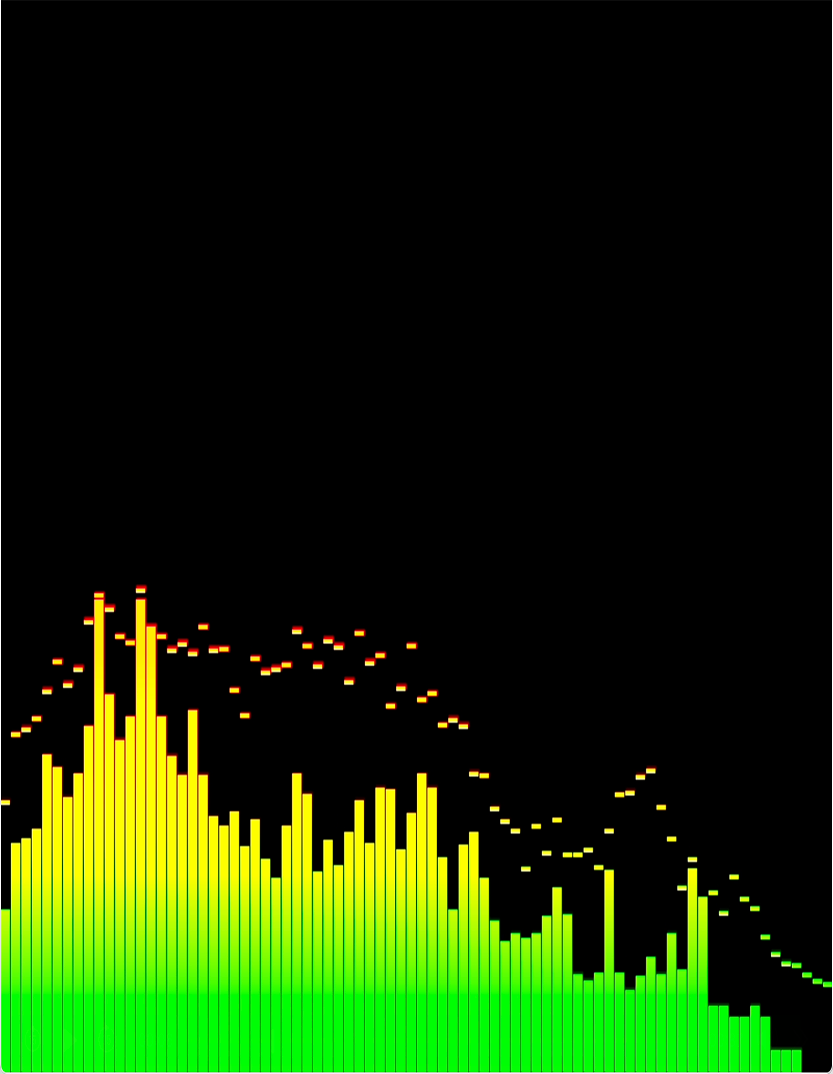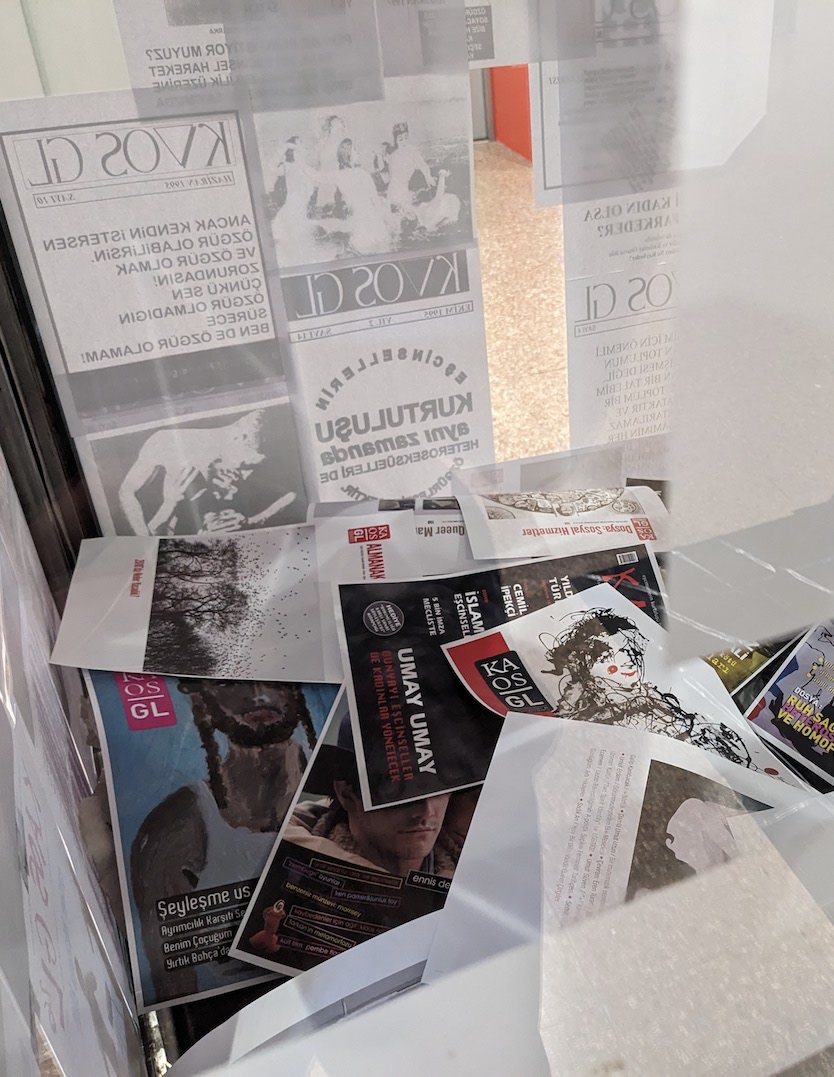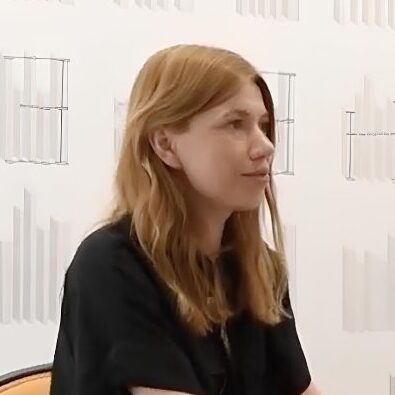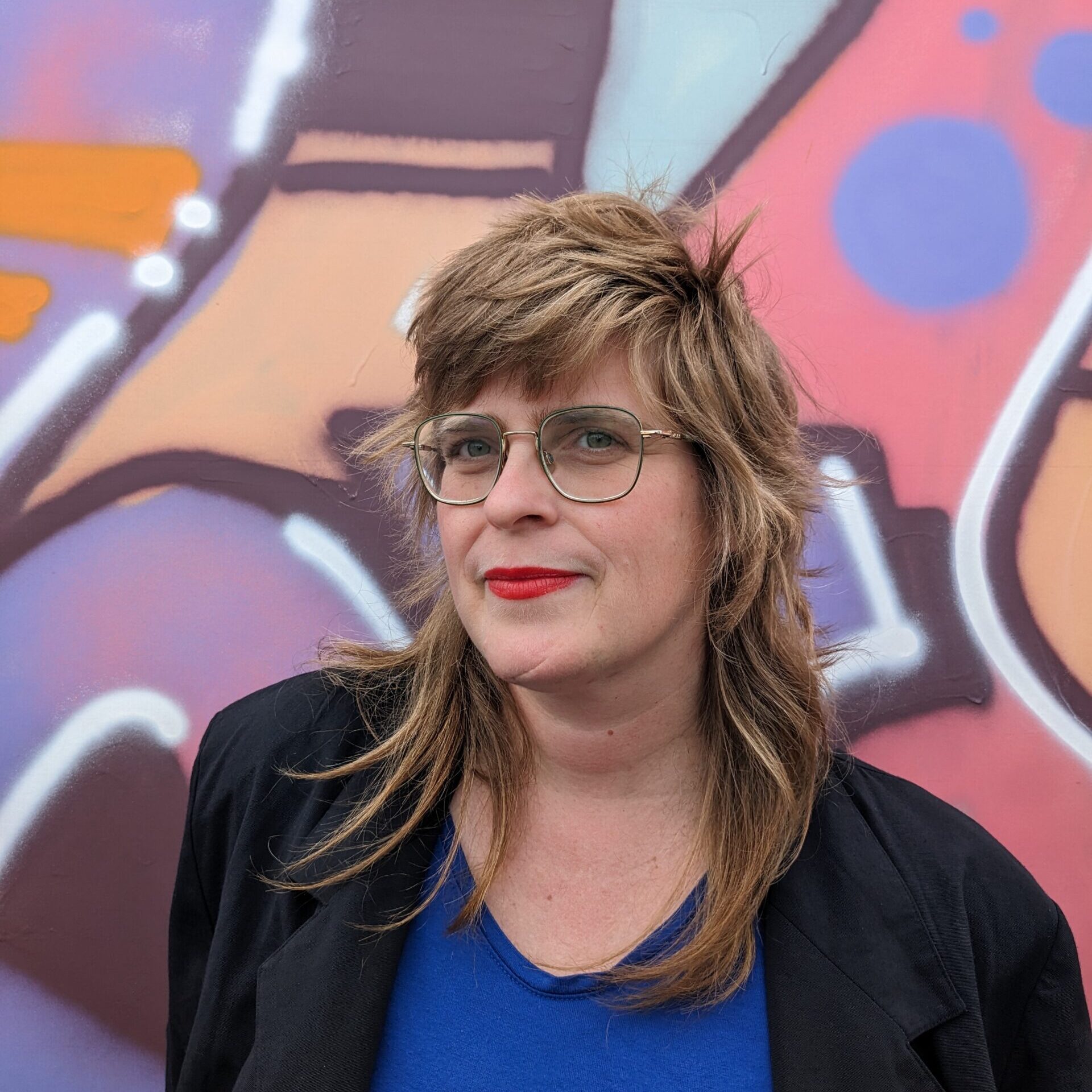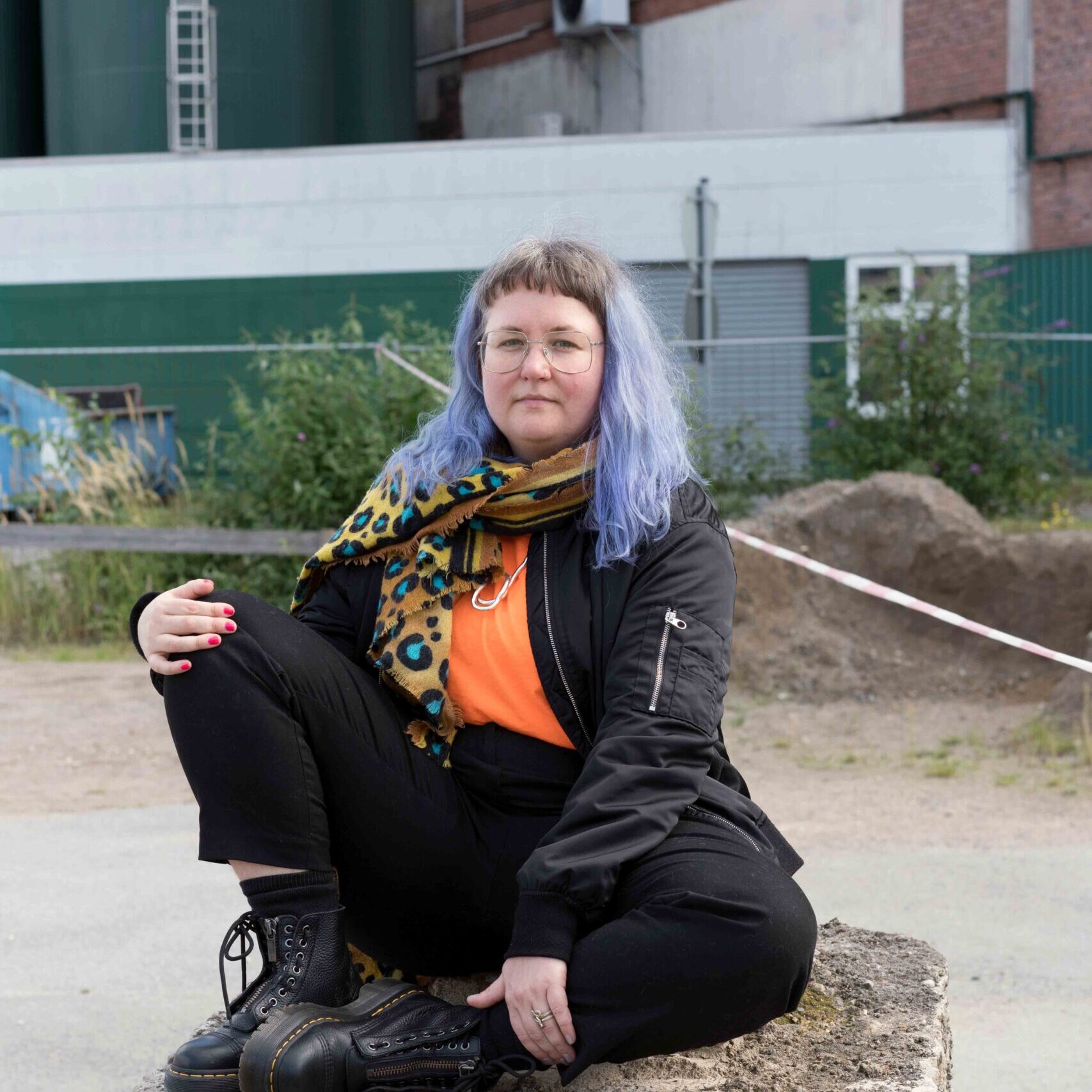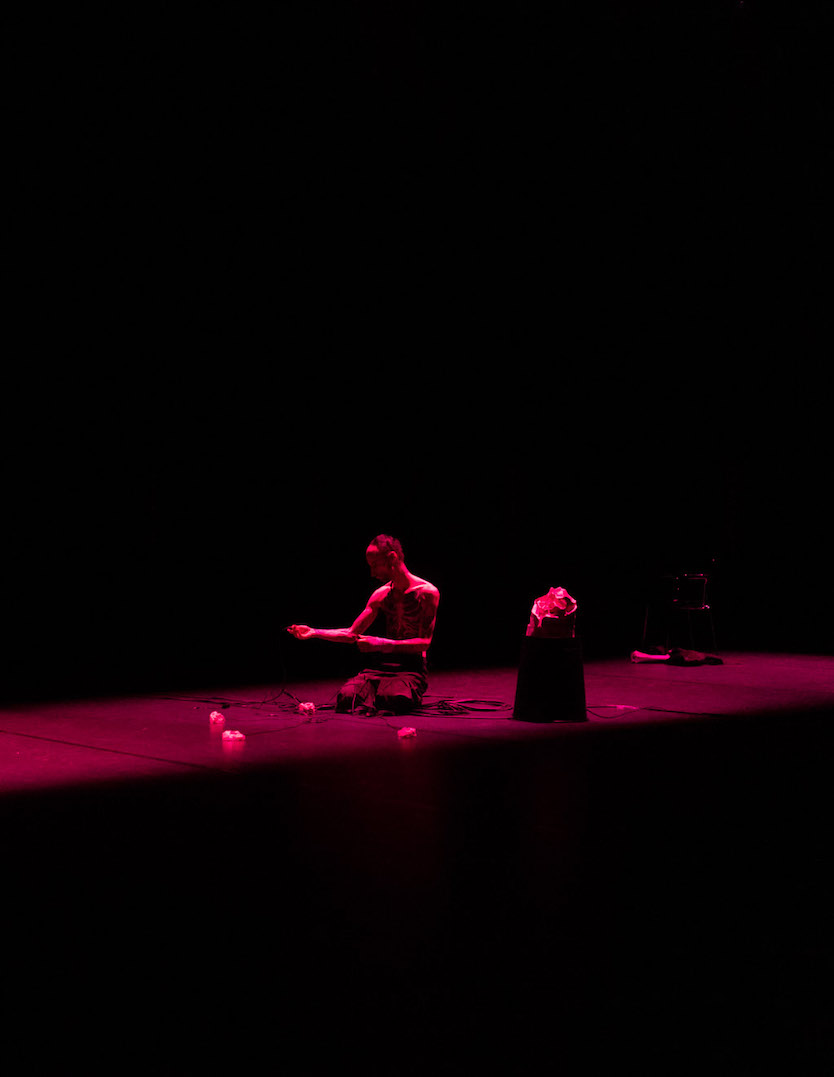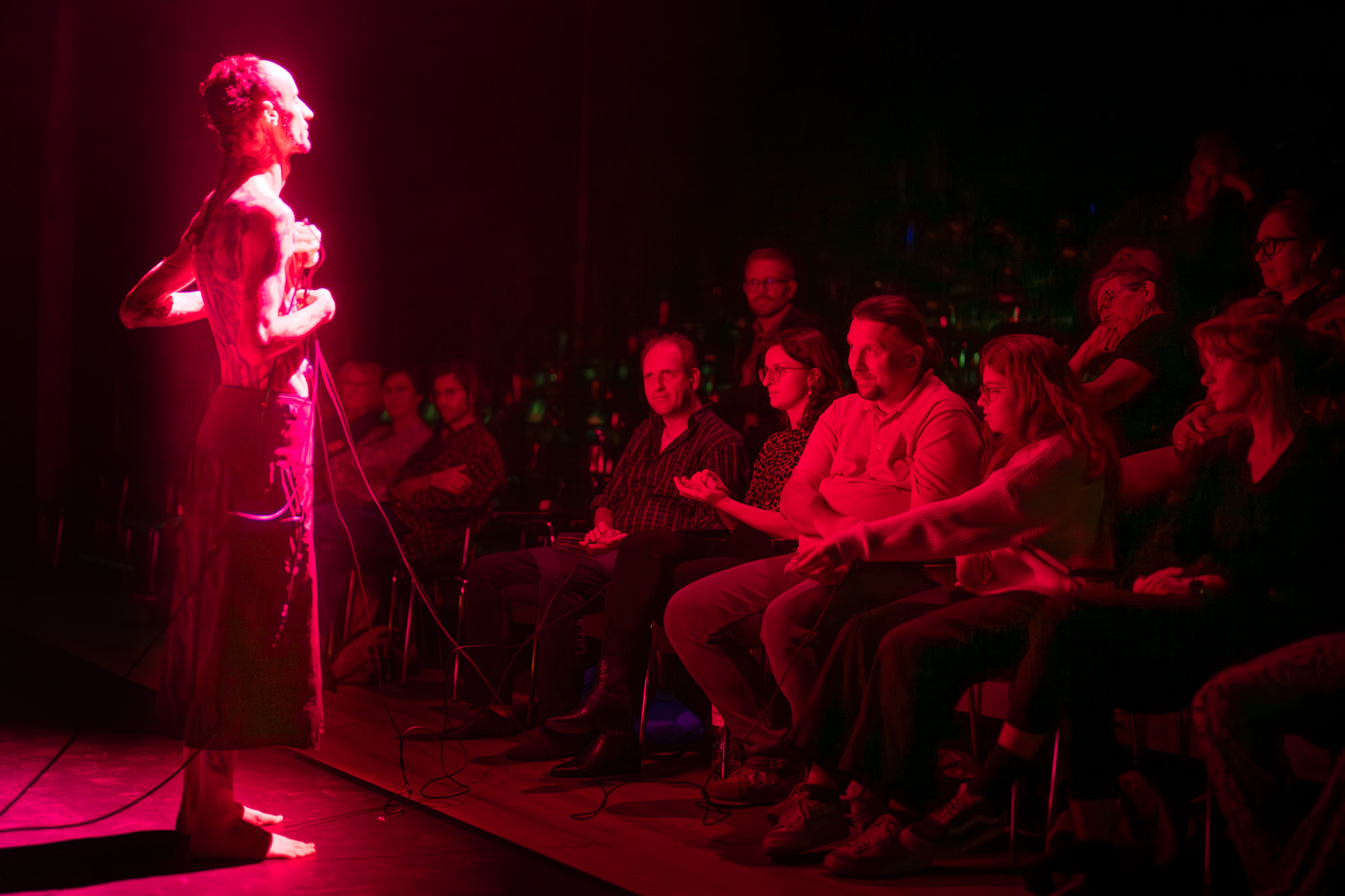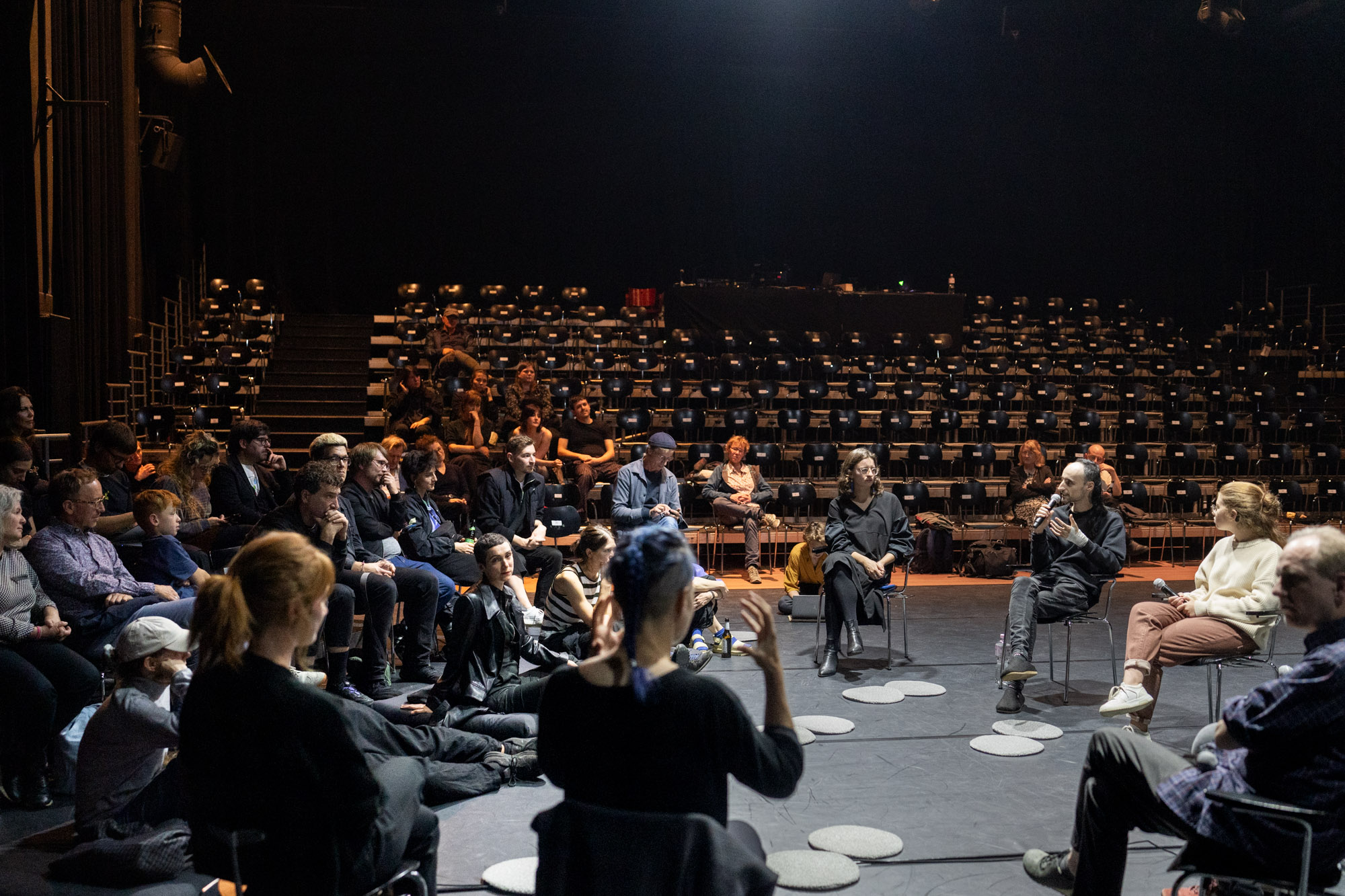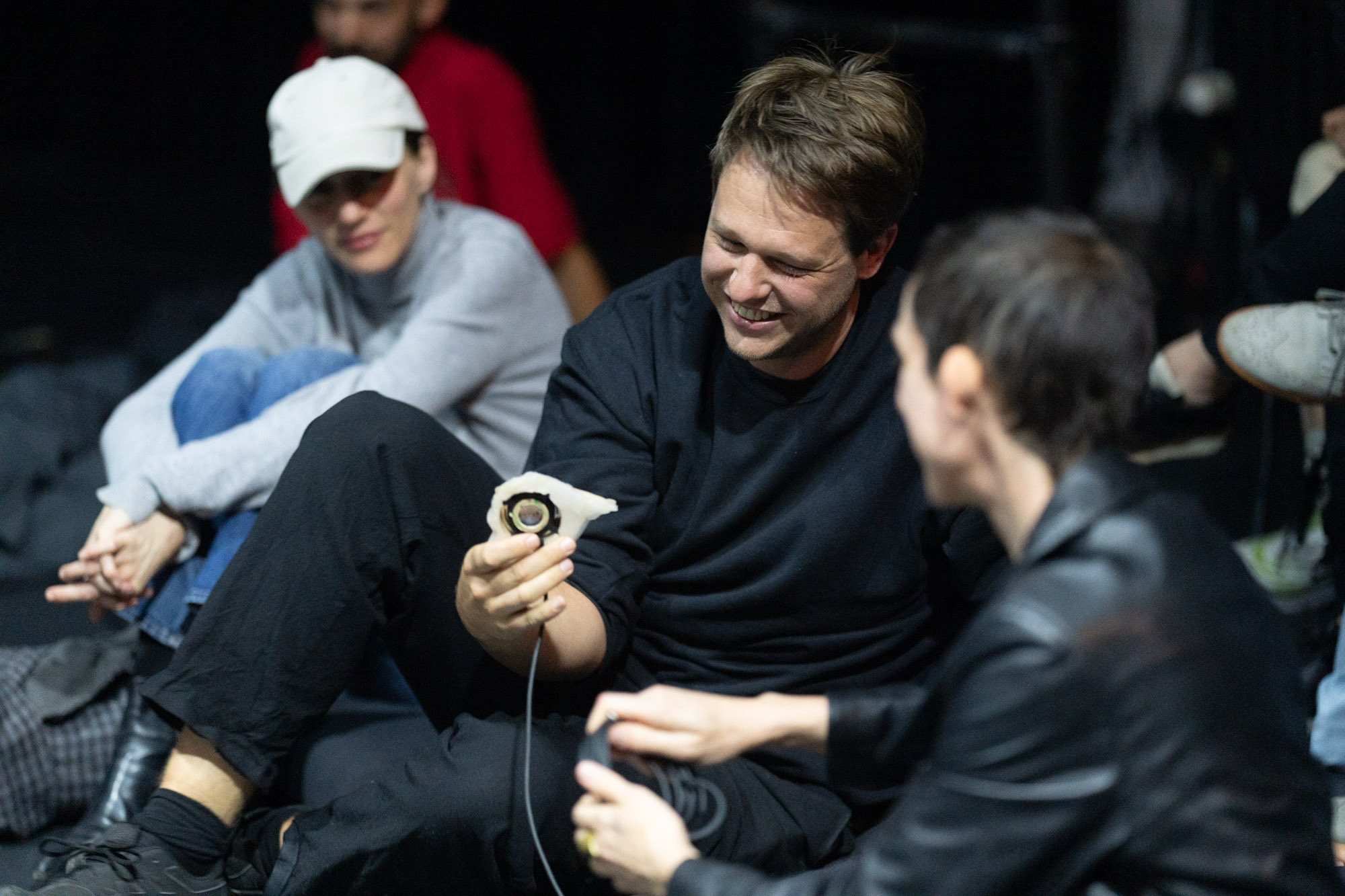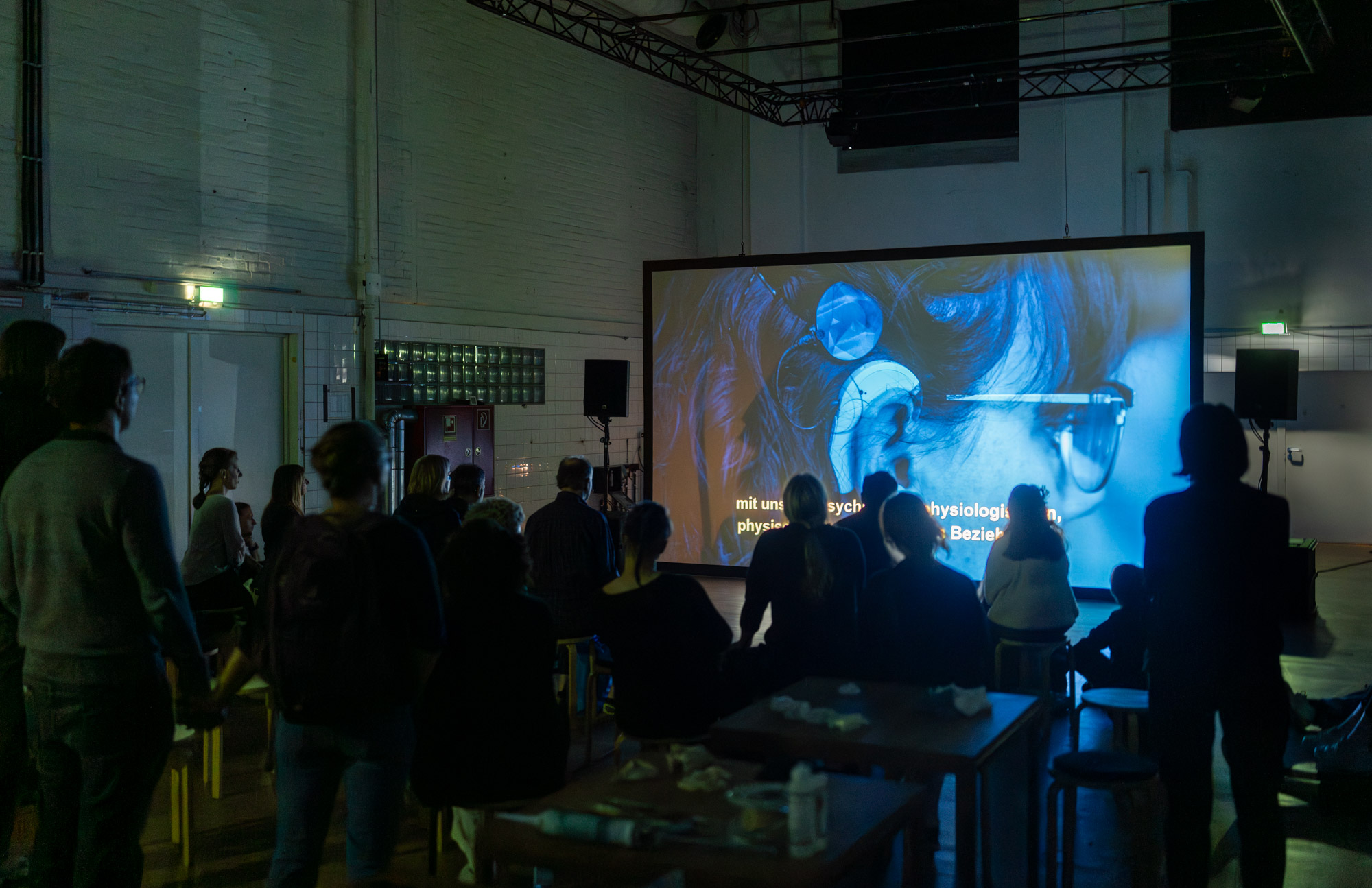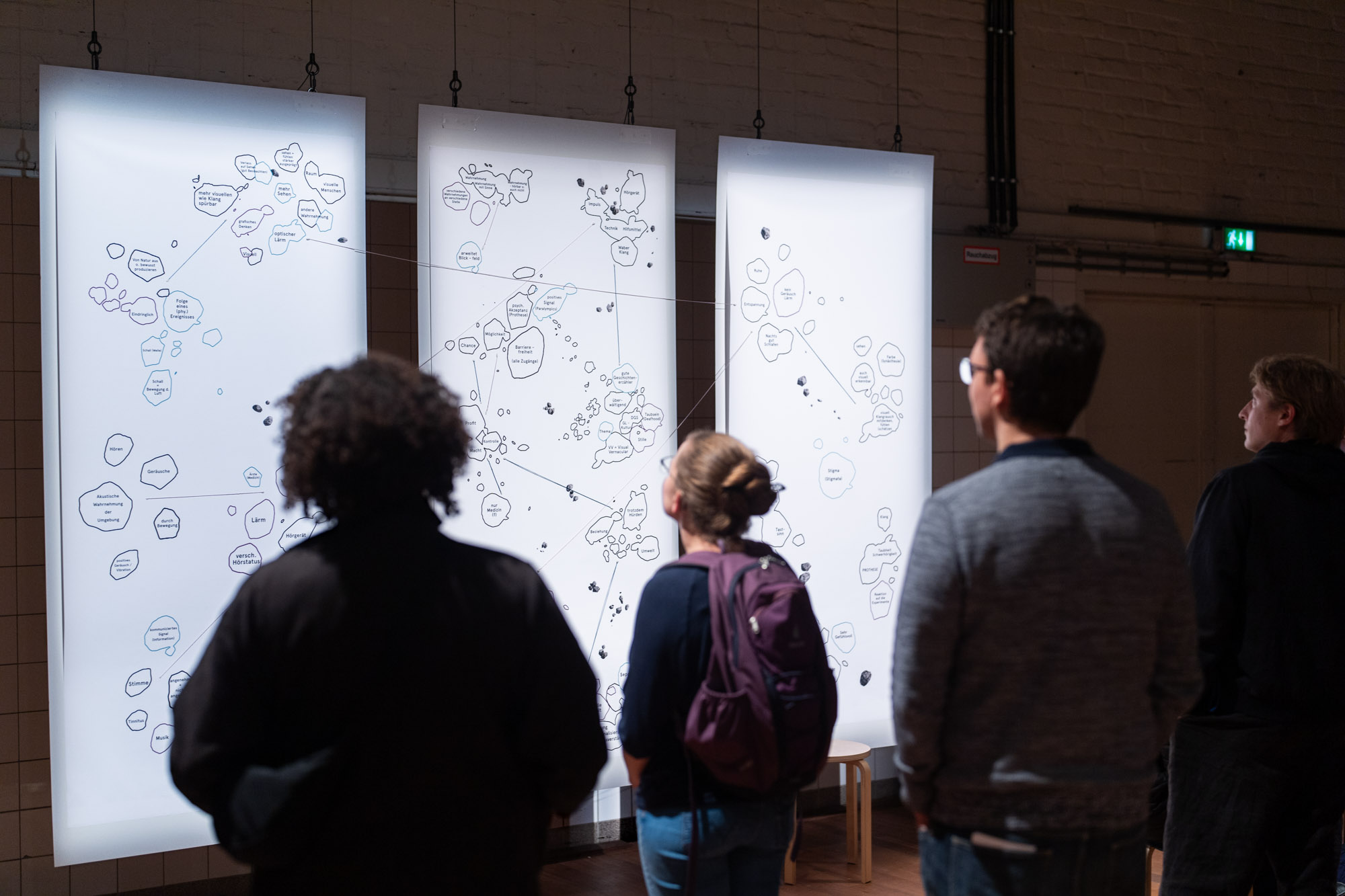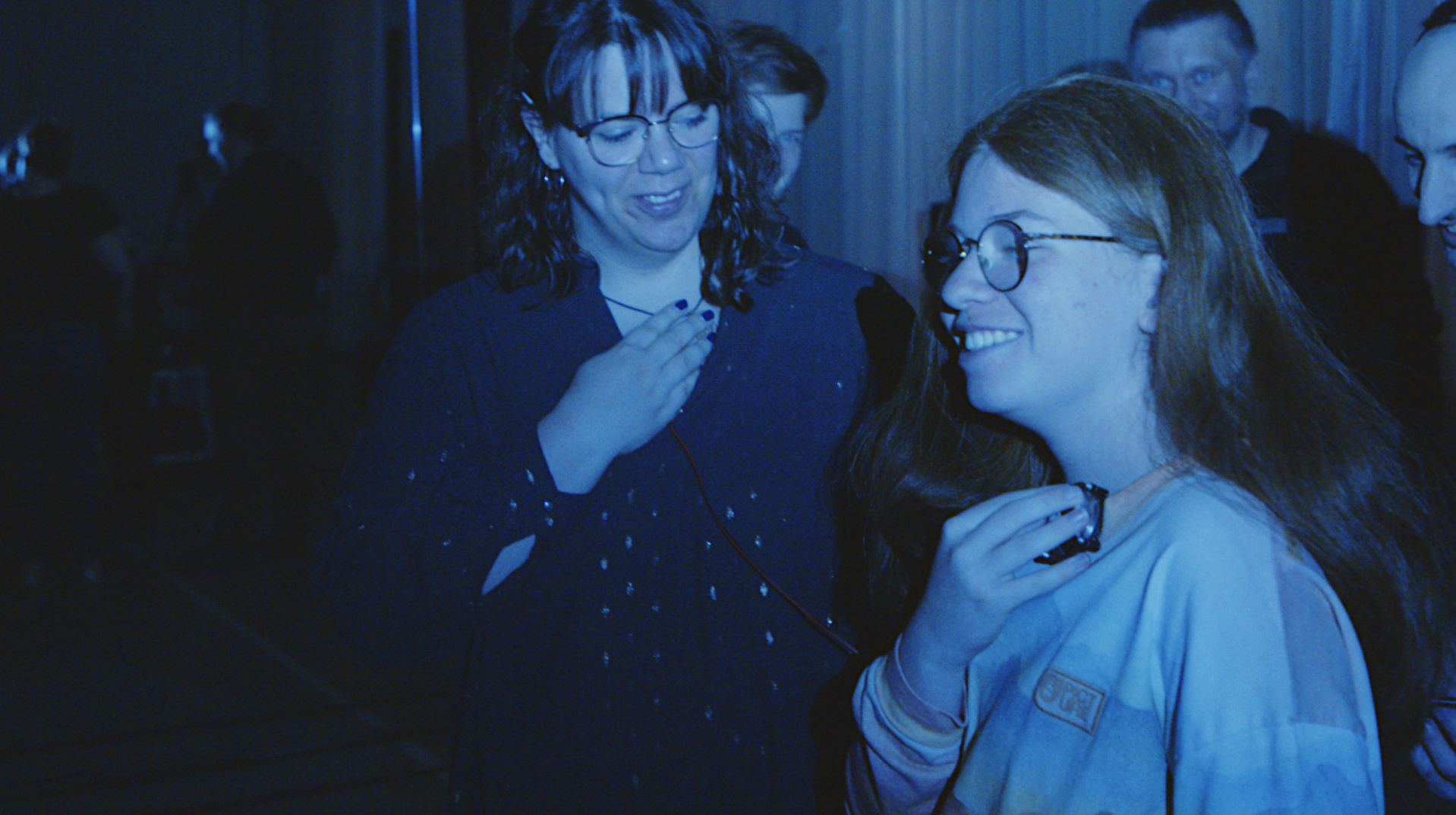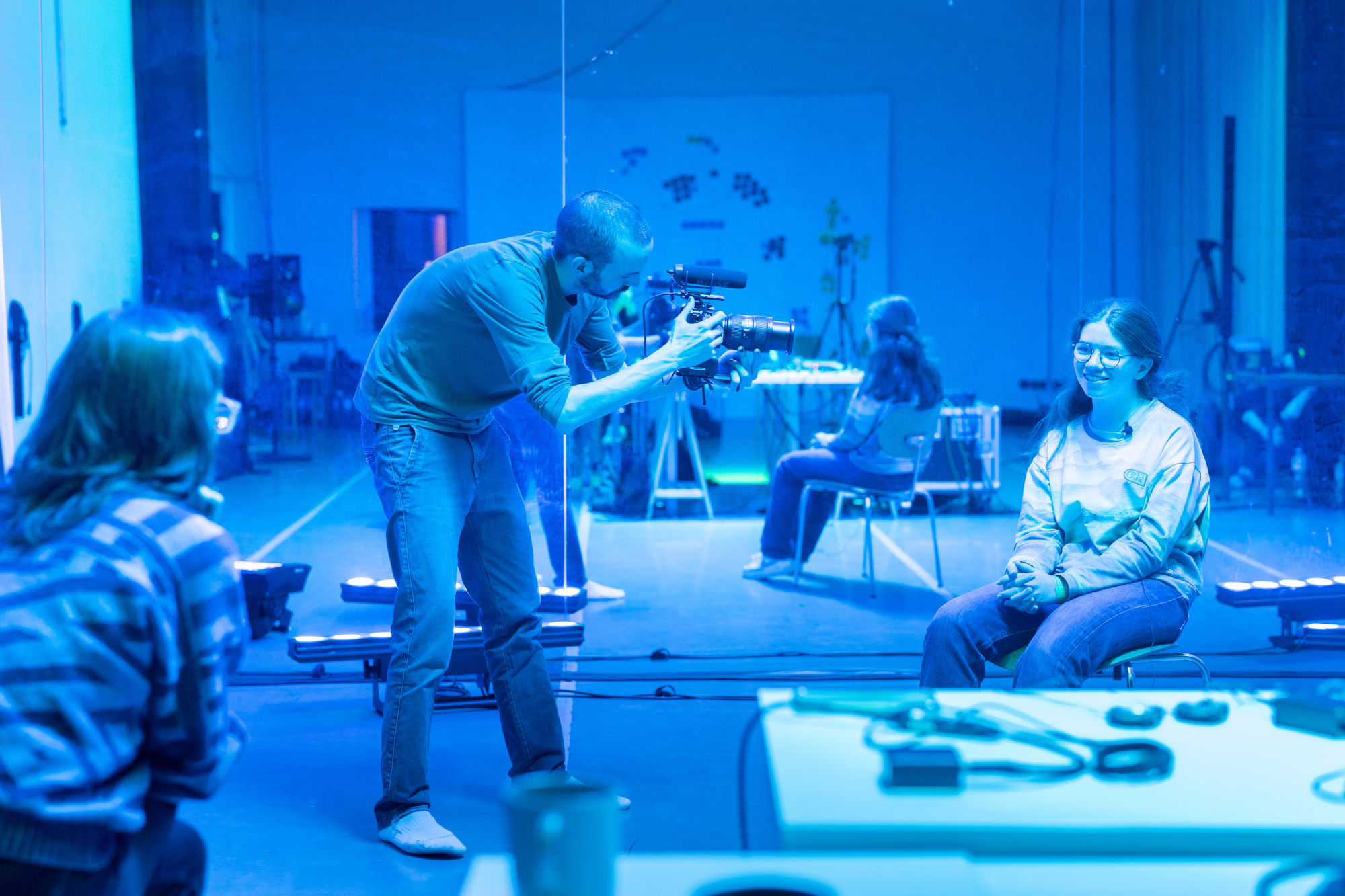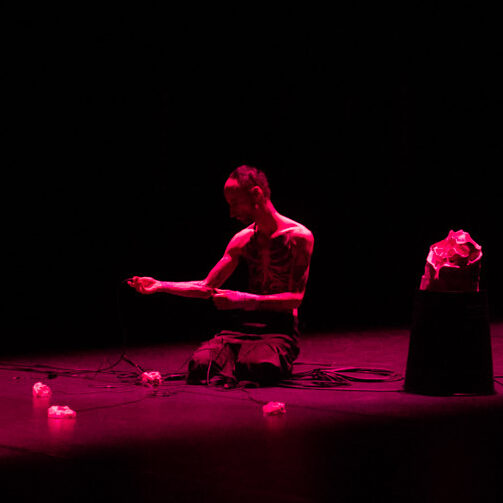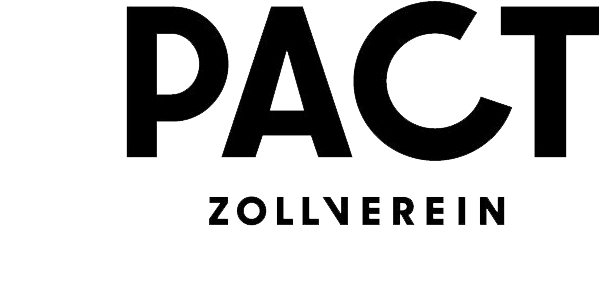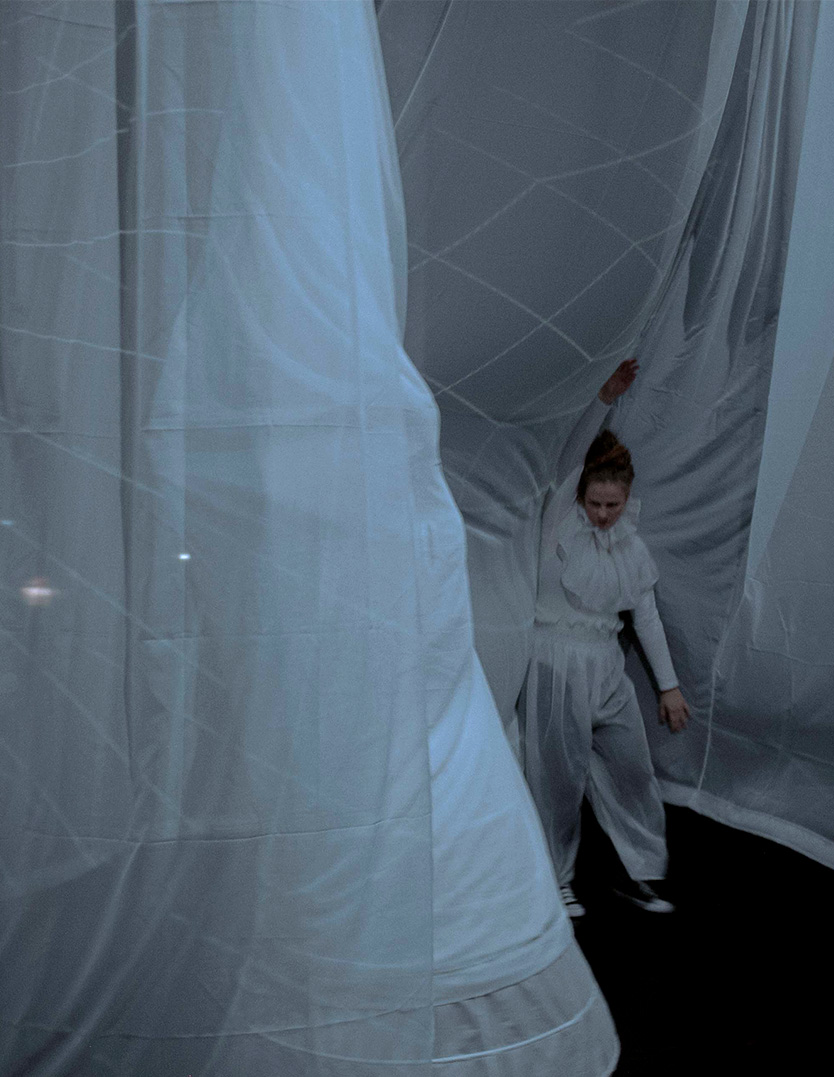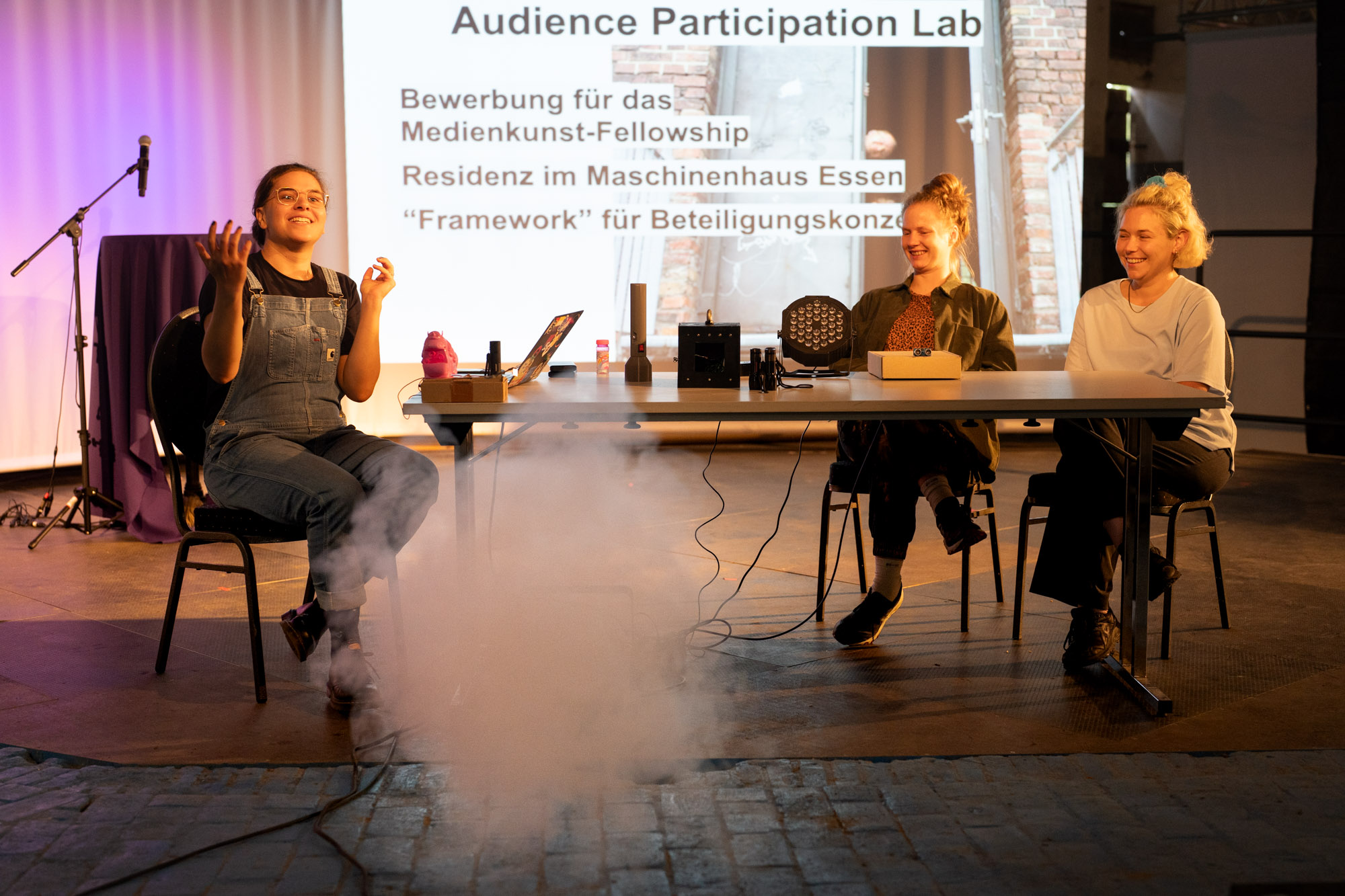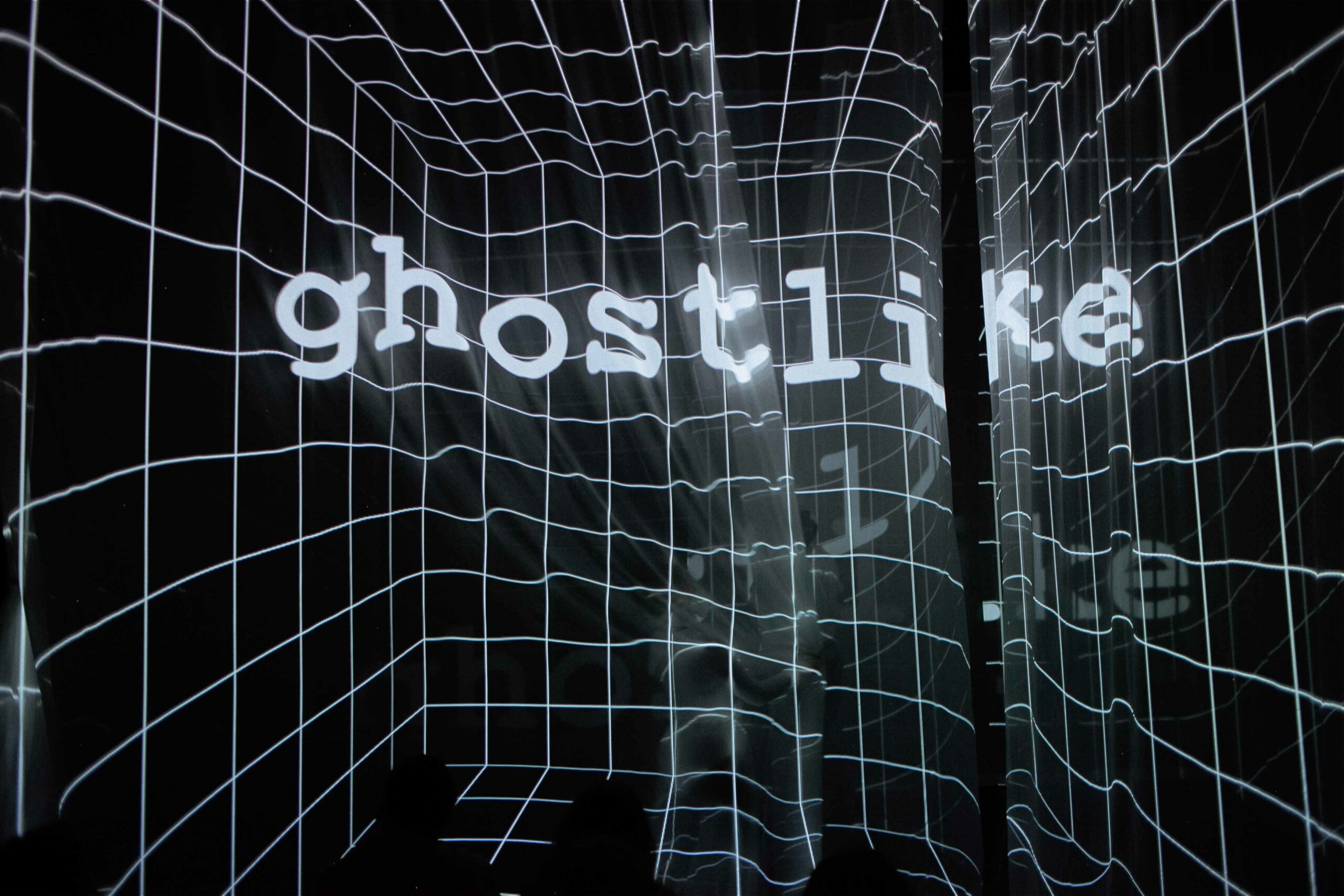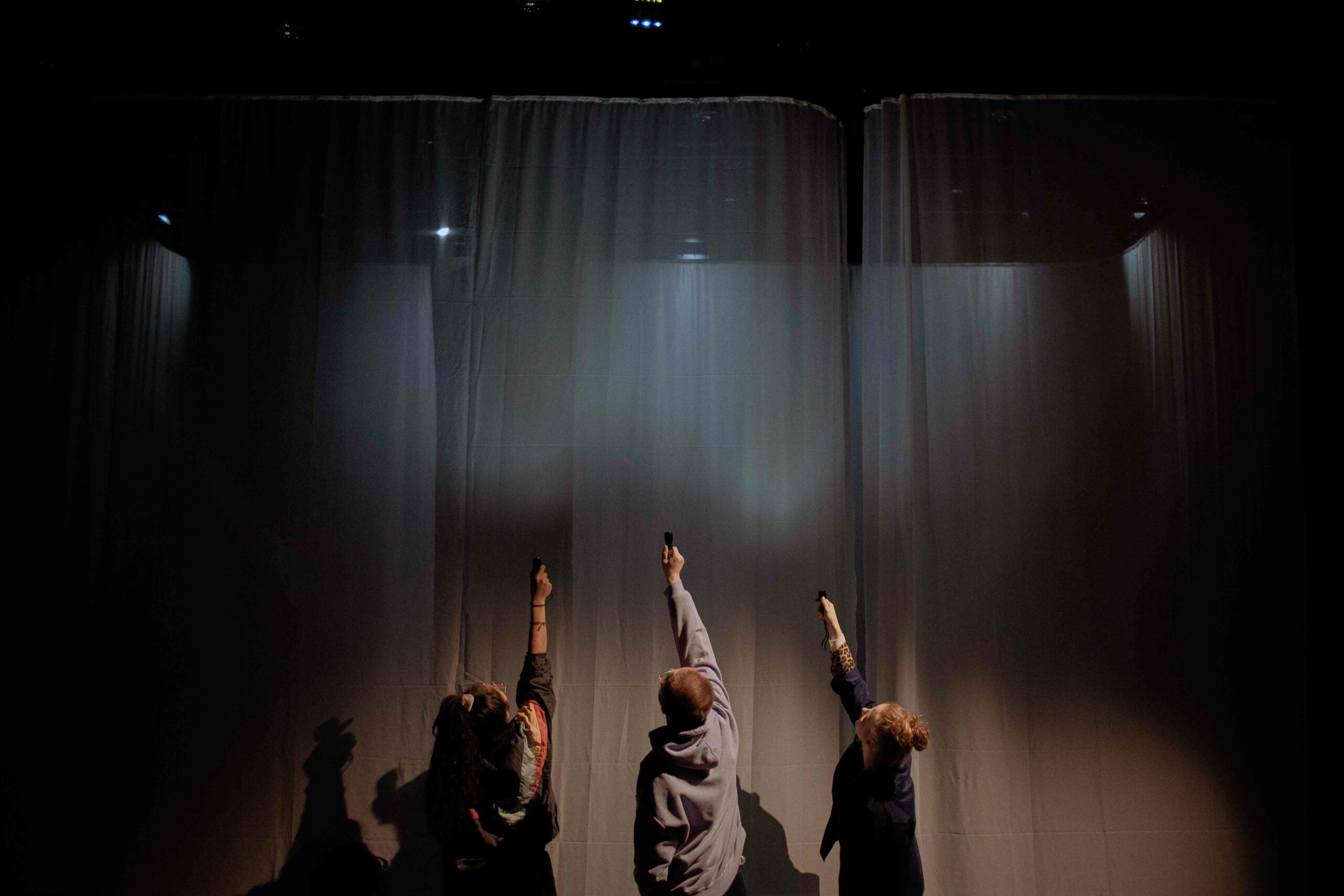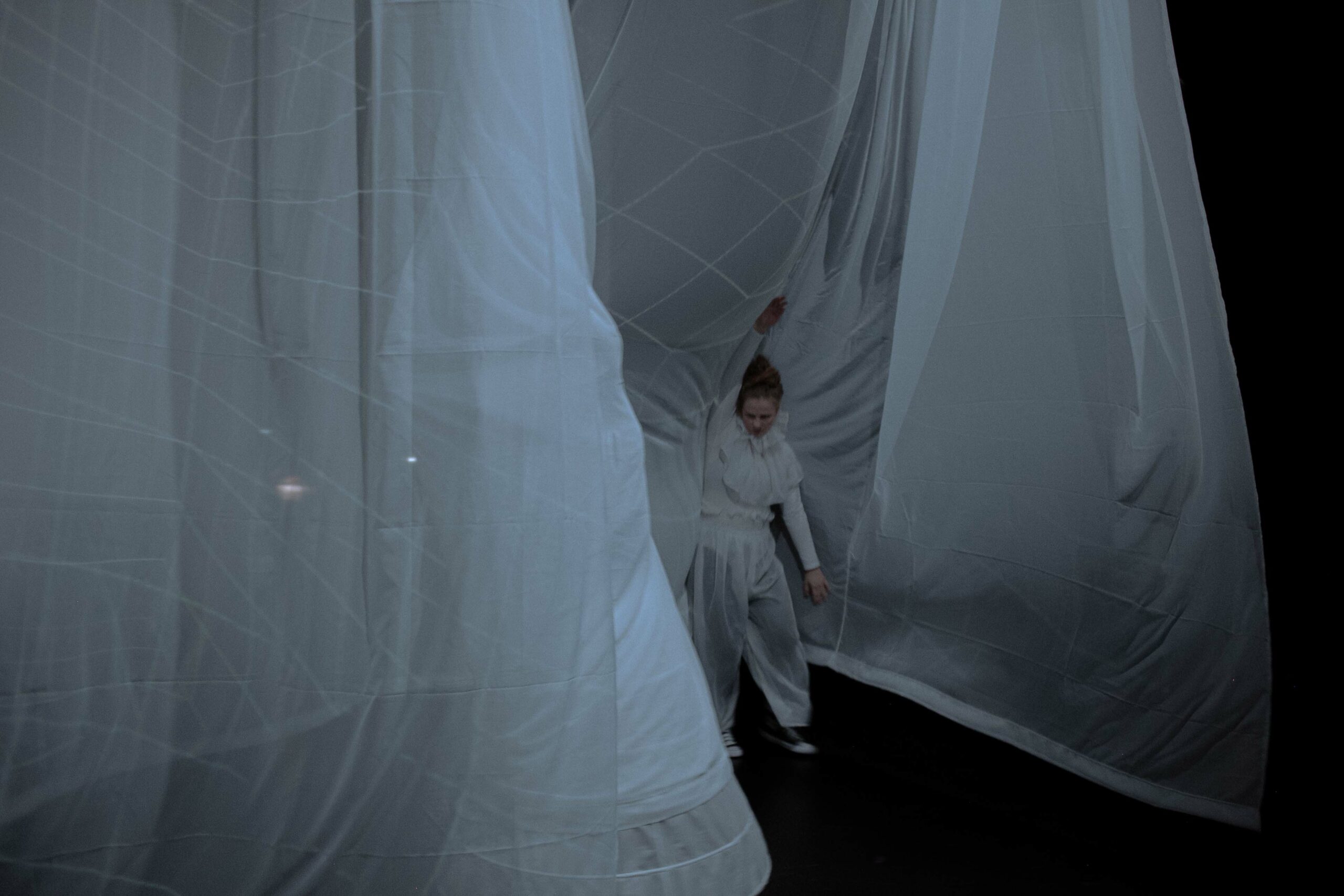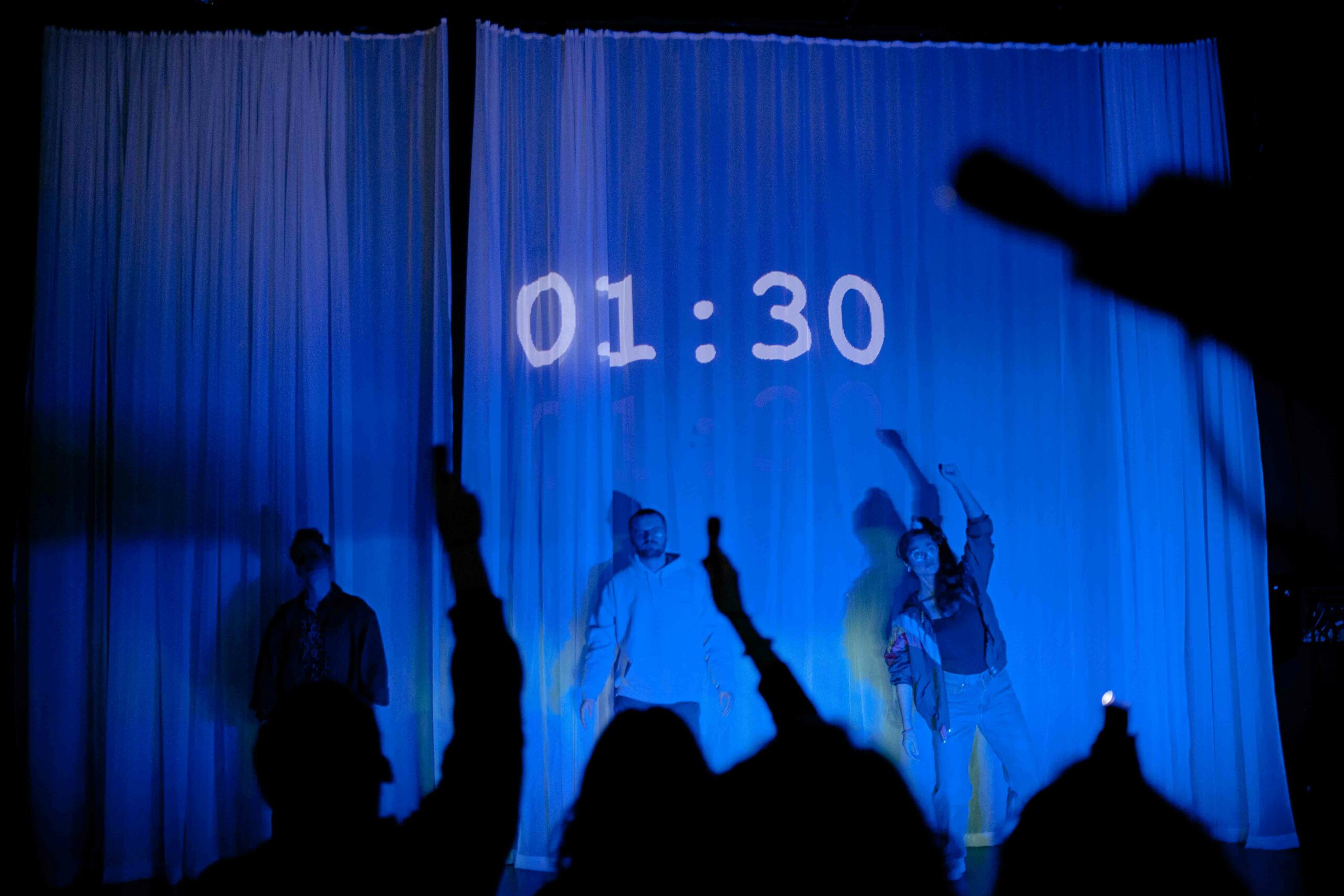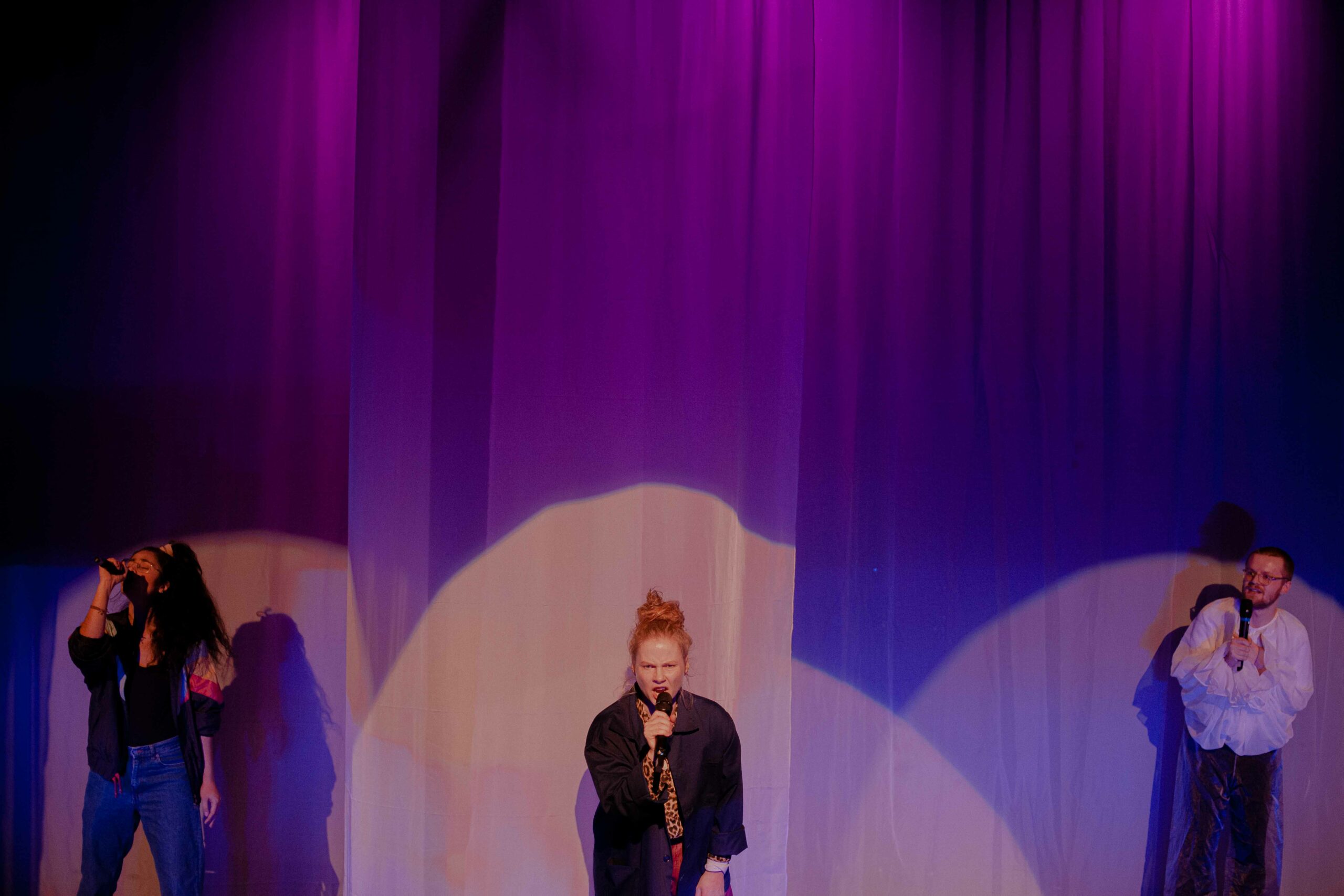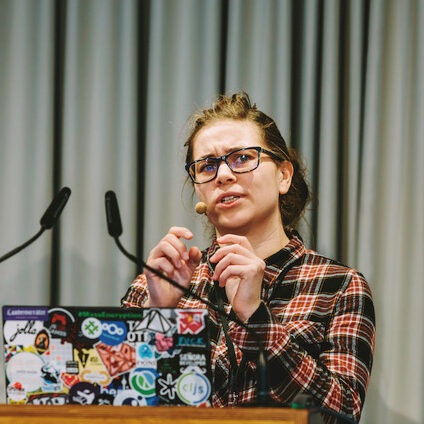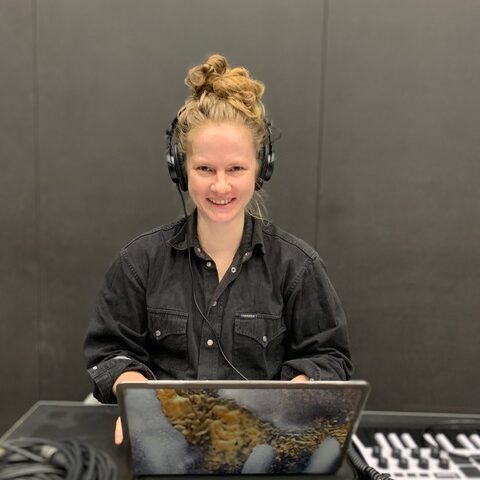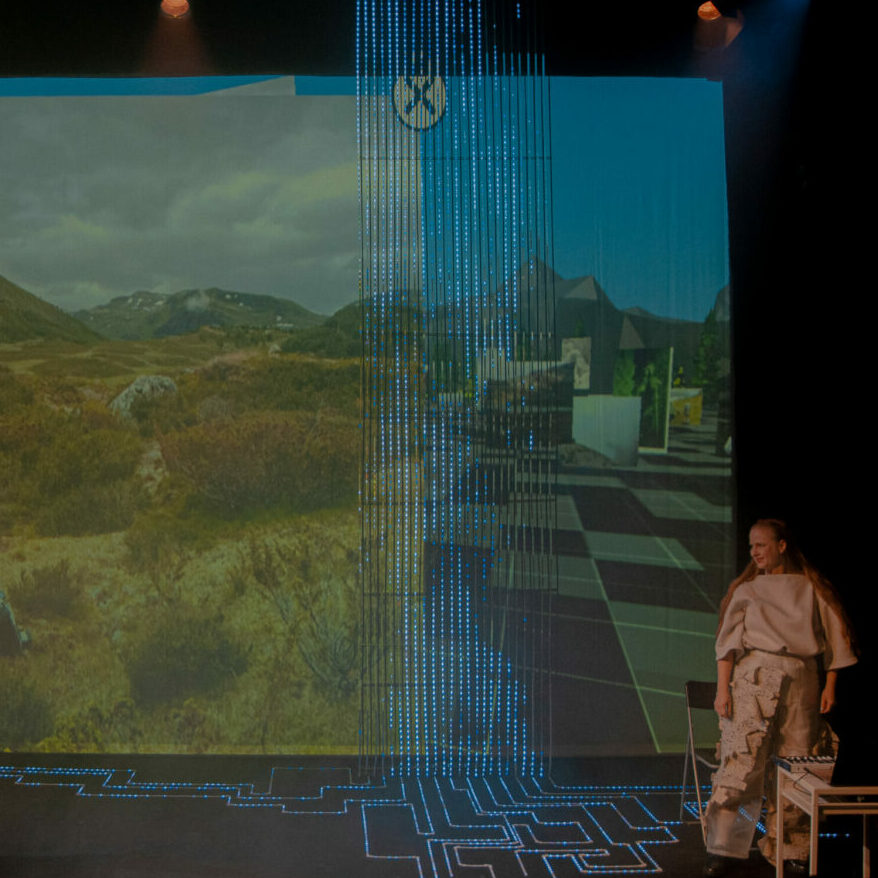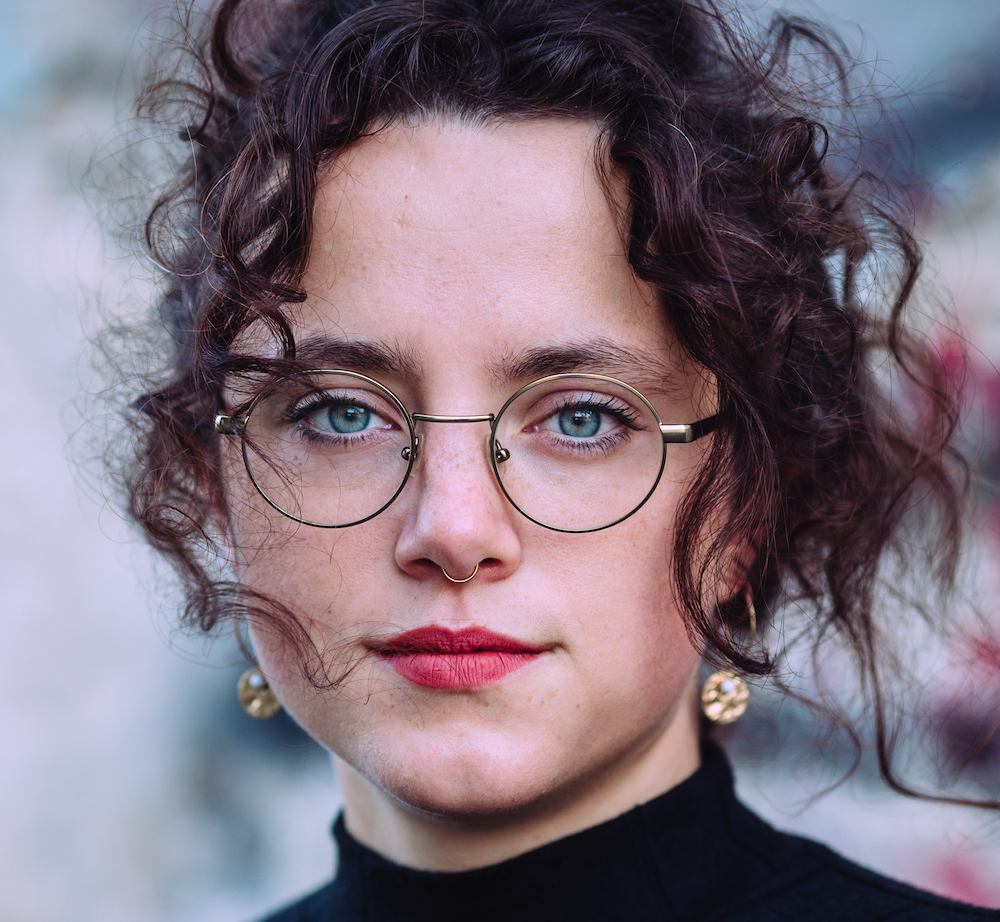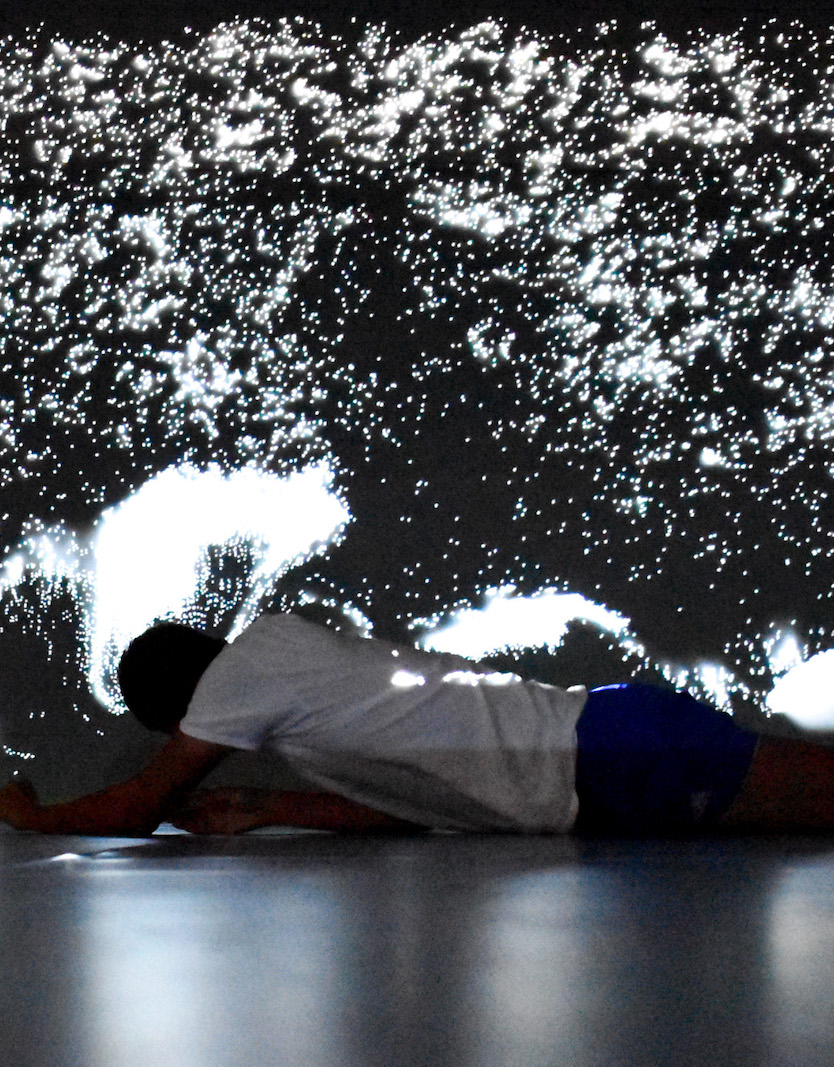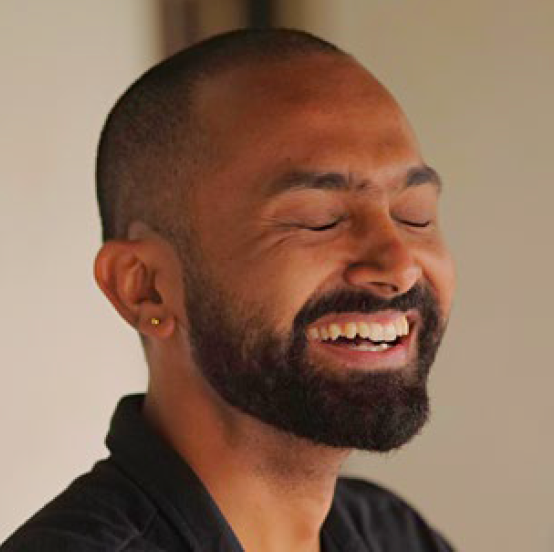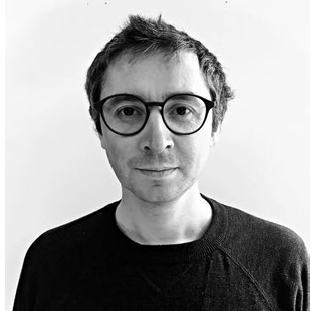Podcast Behind the Screens – Behind the Scenes | A Data Set of Screams
Another special episode of “Behind the Screens – Behind the Scenes”: Sophie Emilie Beha was in Cologne this time for a workshop that took place at the KHM in Cologne.
Attention, it gets loud in this episode! Sophie and the participants in the MELT workshop scream their heads off. The research project “Counting Feelings” – we also recommend S02 / F03 – by the media art duo MELT deals with the meaning of data for trans* and autistic people. The project enters the next round in a workshop at the KHM in Cologne: it is about screams as resistance and a shared data set. It is about a trauma-specific practice where grief, anger and mistrust come to light. Feelings are collective and powerful tools against structural oppression. The collective cry is collective power.
The artist duo has been working on the “Counting Feelings” project for more than two years. Thanks to the great interest in data and access to data, they are constantly asking further and new questions, exchanging ideas and engaging in discussion – the “Scream Workshop” is also a result of the previous considerations. The special feature: The auditory material – i.e. the screams – form the data set. They are not evaluated or transferred into data, but are the data set.
Screaming is a “full-body experience”. Taking space can be difficult for many people and the project is also about providing this space. Screaming has a physical and a mental dimension: we raise our voices to the highest possible volume and can ask ourselves questions such as “What are we screaming against?”, “What are we screaming for?” And “What is the name of our cry?”. Some workshop participants scream regularly in their everyday lives, at home or in nature, but for many it is a special experience.
You can find more information about the “Counting Feelings” project and the first podcast episode here: Podcast behind the screens – behind the scenes | Counting Feelings
MELT (Ren Loren Britton & Iz Paehr) investigate and experiment with shape-shifting processes that meet technology, sensory media and critical pedagogy in a warming world. MELT are currently developing projects along four different lines of research: ACCESS SERVER, The Meltionary, COUNTING FEELINGS and Zeitgeber. Practices of design and artistic research that generate material and infrastructural transformations and simmer with trans*feminisms and disability justice are being cooked up. Working with change and melting processes in a kaleidoscopic form, several themes are addressed simultaneously: Climate change, the potential for political reformulations, critical technical practice and the creation of access/access. MELT shares work in the form of videos, installations, websites, lectures and workshops.
Translated with DeepL.com (free version)
More information about MELT
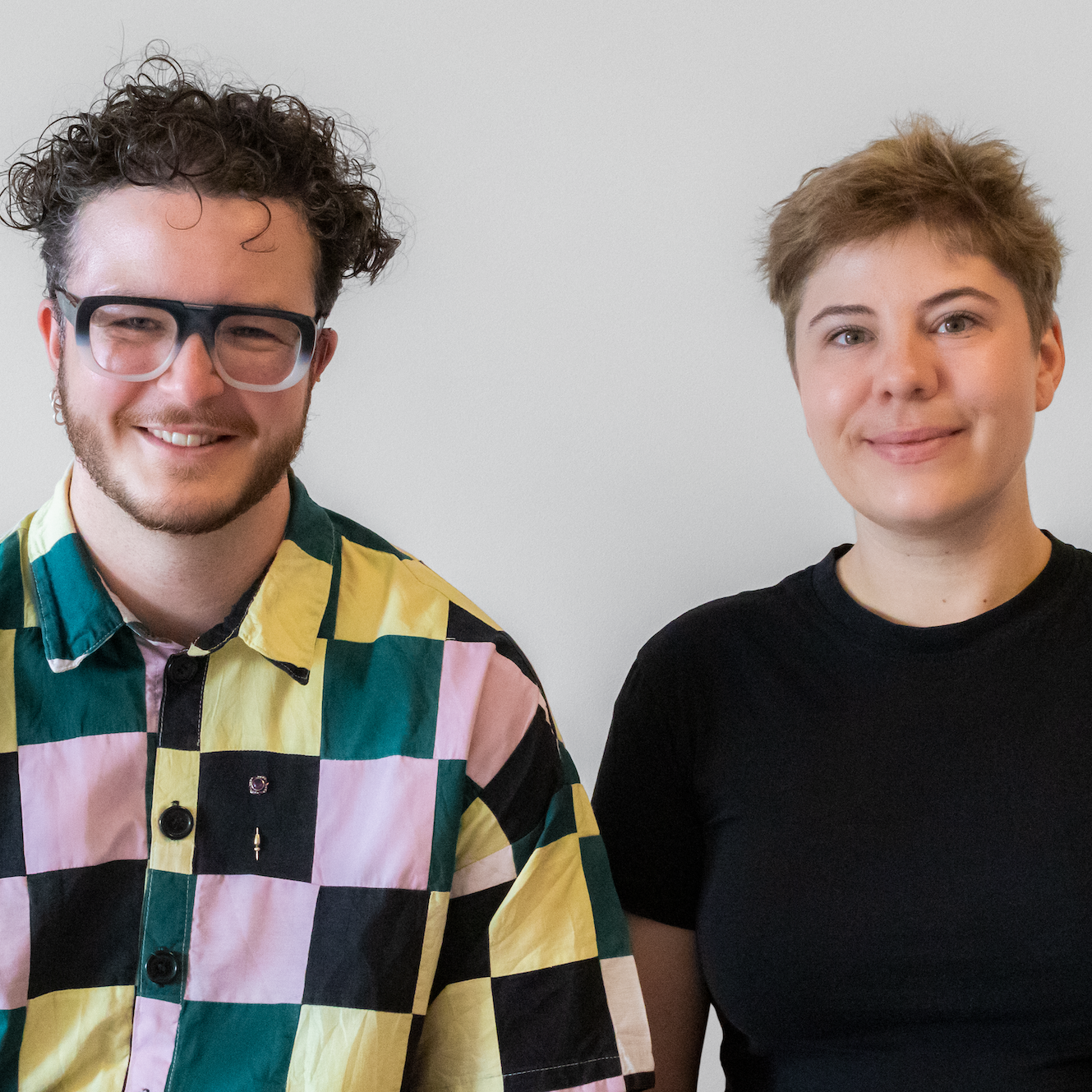
Sophie Emilie Beha is a multimedia music journalist. She works in various contexts, including music, text, language, curation, improvisation, dramaturgy and poetry. Sophie moderates festivals, concert launches, podcasts and panel discussions. She is also an author and presenter for various public broadcasters. She also curates interdisciplinary events, realizes transmedia compositions and works as a dramaturge for ensembles.
More information about Sophie
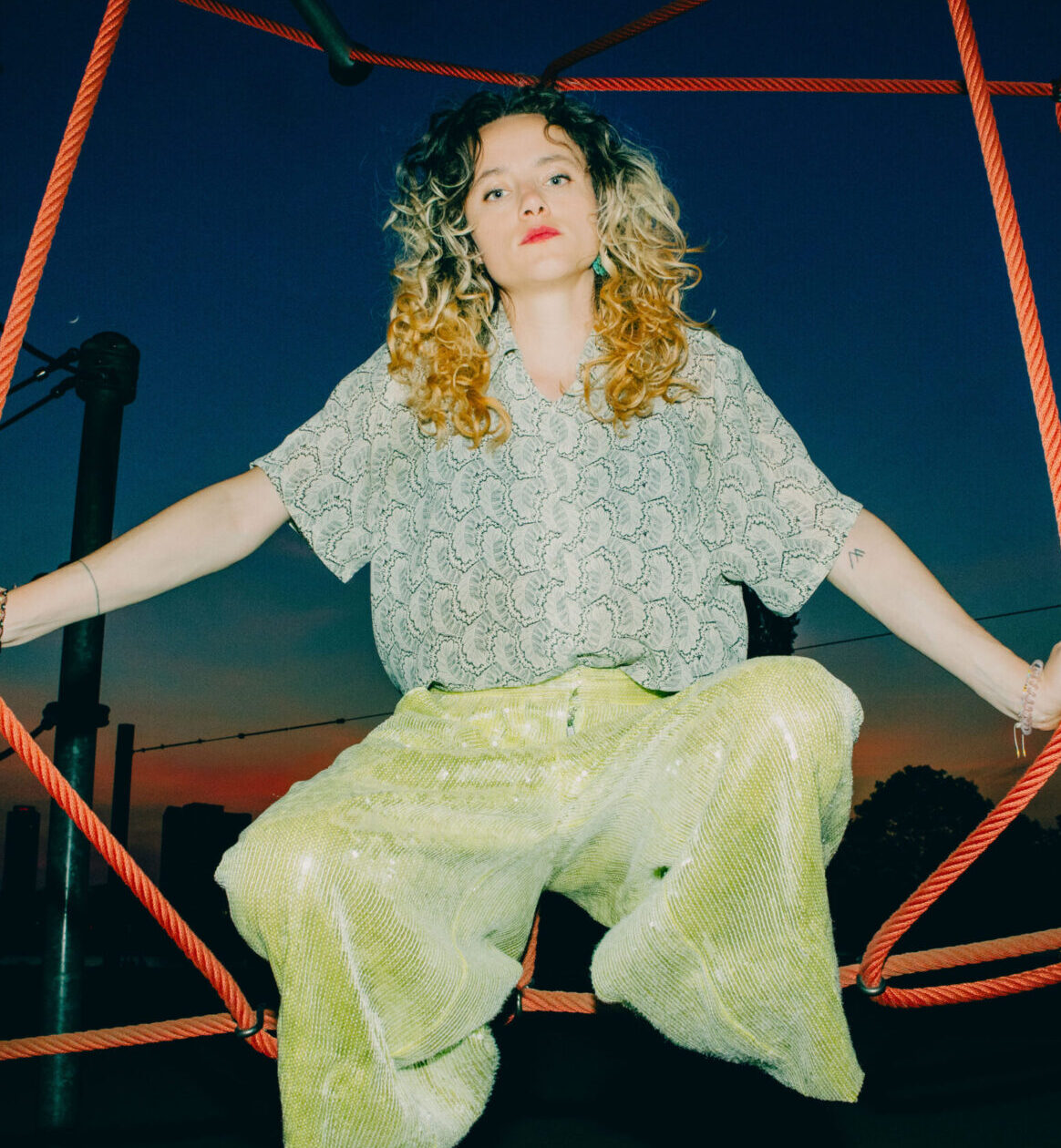
Picture: !Mediengruppe Bitnik, © Iris Janke, Berlin;
Graphics und Portrait MELT: © MELT
Portrait Sophie Emilie Beha: © Sophia Hegewald



